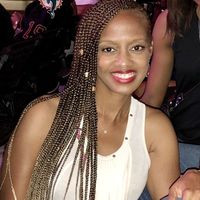On Being a Black Woman, Mother, & Breast Cancer Survivor
Kai McGee's intersecting identities have shaped her breast cancer journey—and influence the decisions she's making now about her future.
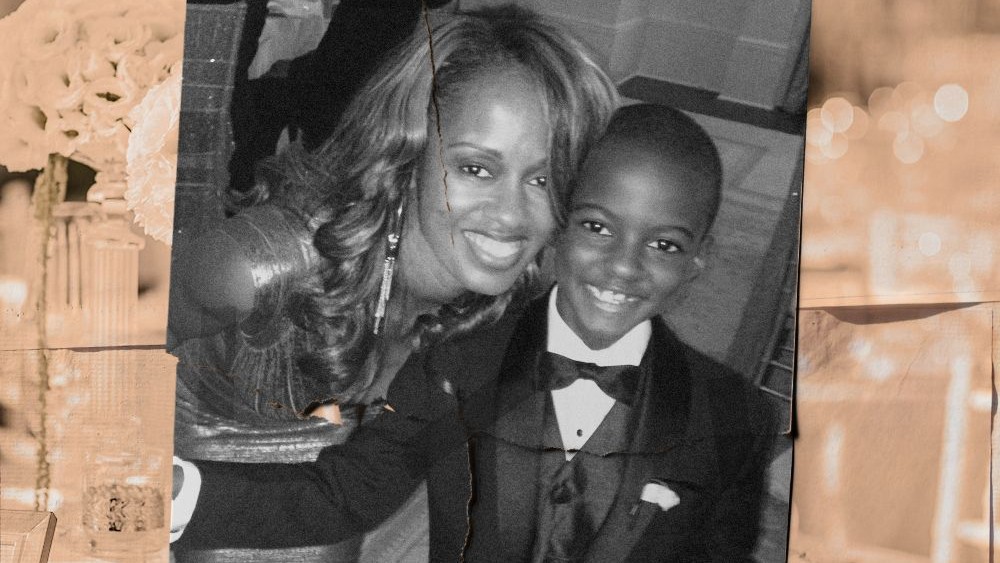
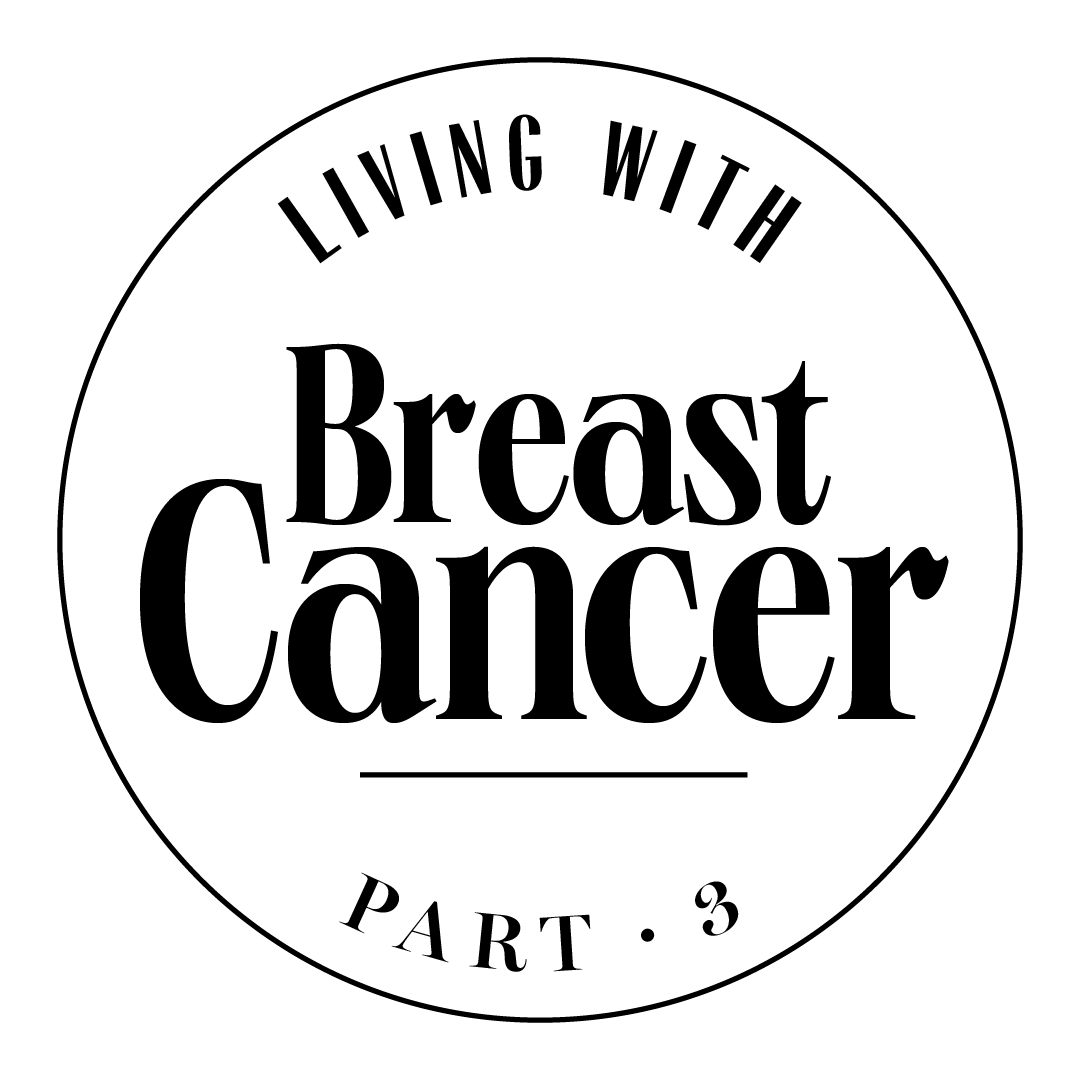
Around one in eight American women will be diagnosed with breast cancer in their lifetime, and each is so much more than a statistic. Every Monday during Breast Cancer Awareness Month, we'll be chronicling the journey of one Black mother and survivor as she navigates the uncertainty of breast cancer in these uncertain times.
Within the last two years, I’ve lost two friends who are also Black women to metastatic breast cancer (MBC). Both were young, talented, and successful. The diagnosis comes like a thief in the night, poised to steal everything you’ve believed about what it means to make plans for the future. I was anticipating the results of my own breast biopsy this summer when I found out that one friend had succumbed to MBC that had spread to her bones. The weight of the news of her death coupled with the enormity of waiting once again for a test to reveal my fate has influenced recent choices about my health journey.
The deaths of my friends—my sisters in the fight—are never far from my daily thoughts. I lovingly think of each woman after every oncology appointment; if I get a cough, I wonder if it’s something more dire; if my muscles ache after a workout, my mind can go to dark places. There is an inexplicable heaviness that comes with being a cancer survivor. It colors all decisions in a way that can only be described as life altering.
Black women are likely to find out they have breast cancer at a later stage than white women.
According to the Centers for Disease Control and Prevention (CDC) Black women die from breast cancer at higher rates than white women. Additionally, Black women are also likely to find out they have breast cancer at a later stage than white women. As this Covid-19 pandemic (which has disproportionately killed Black and Latinx people) continues to illustrate, the disparity between communities of color and white communities, especially affluent ones, when it comes to overall mortality rates is alarming.
Every decision that I make regarding my breast health is informed by my identity as a Black woman, as a survivor, and as a friend who is watching beautiful warriors in their 30s and 40s become faded memories. I’m painfully aware that I must be my own advocate in the fight to live. Statistics reveal that the way patients in poor Black communities are treated by the current health-care system is deplorable. Residents of these communities tend to live in food deserts and suffer from chronic conditions, such as diabetes, hypertension, and asthma, that go untreated due to lack of equitable health-care options. This is a public health crisis that must be addressed or communities of color will continue to lose vibrant lives that can never be replaced.
It’s possible that I was a casualty of our racist health-care system. I was diagnosed with stage II invasive ductal carcinoma in 2014; I believe I should’ve been diagnosed when I was stage I, but my health-care provider at the time did not order a biopsy. It wasn’t until a year later, after I’d moved to a new state and changed doctors, that the tumor—at a much larger size—was biopsied and determined to be malignant. I don’t know if my age or race was a factor in the first doctor’s flippant response to my concerns and I never will, but it was the catalyst for me to be diligent, assertive, and fierce in all aspects of my health-care decisions moving forward.
The greatest gift that I’ve received in my life is that of motherhood. Being the mom to a teenage son is also a major factor in my breast health decisions. The only thing I asked for as I battled cancer six years ago was to be given the privilege to live long enough to be irritated by more soccer mom carpools, sports practices, and stinky boys eating all the groceries. To be asked for guidance with college applications and to be available to dry my son’s tears when his heart gets broken for the first time. Every milestone he reaches, every achievement he accomplishes, every questionable teenage choice he makes—I want to be here for all of it. The best part of my days are his sweat-filled hugs, his mischievous smiles, and his sarcastic wit. There is nothing that occurs in my son’s life or my own that is taken for granted. I know what the uncertainty and despair of a grim diagnosis feels like, so I don’t have the luxury of being cavalier about life or time.
Stay In The Know
Get exclusive access to fashion and beauty trends, hot-off-the-press celebrity news, and more.
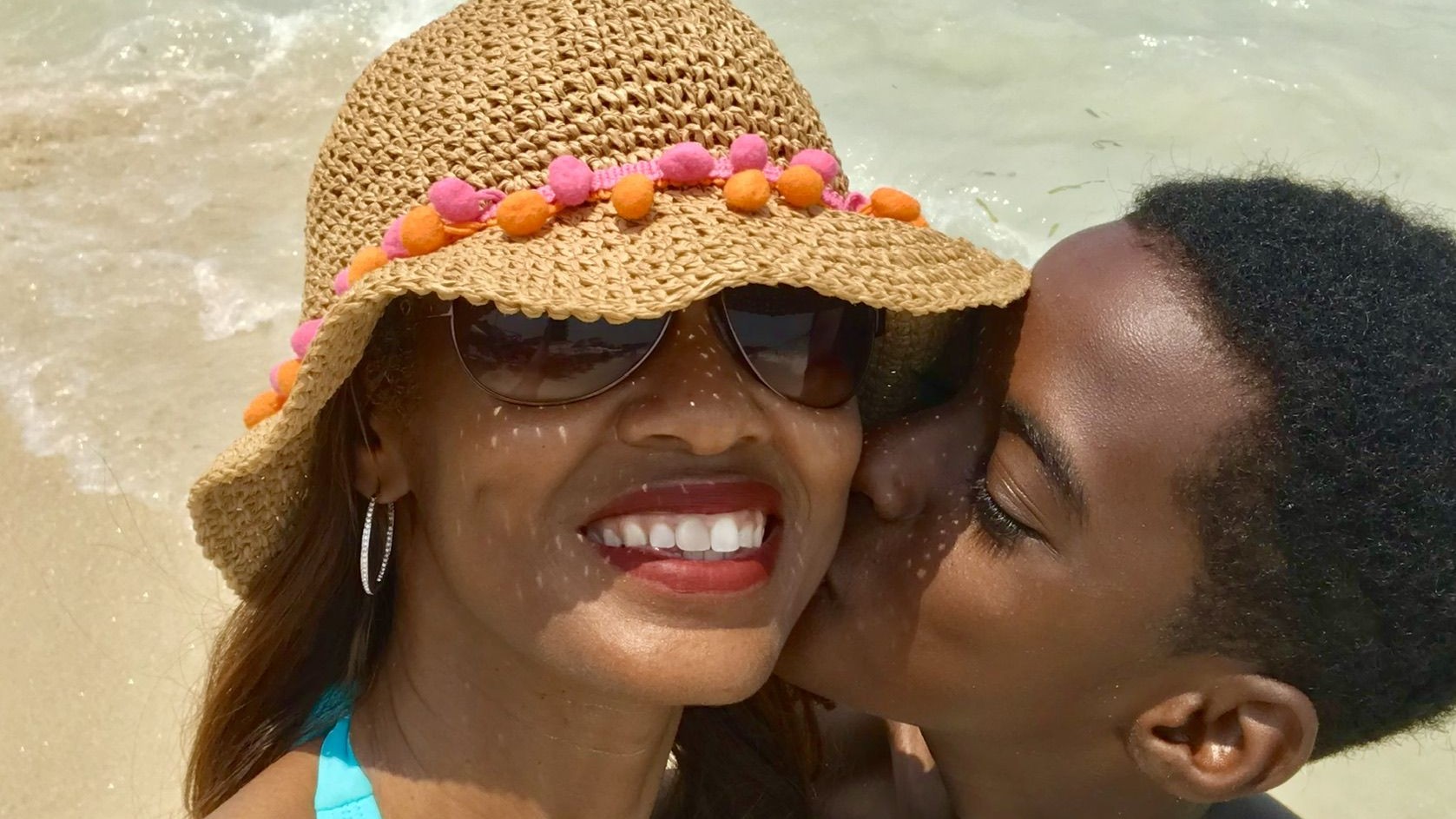
The author with her son, then-13, during a vacation to Cartegena in March 2019.
Due to Covid-19, I’ve had more than two months to reach a decision on how to address my atypical ductal hyperplasia diagnosis. I’m going to move forward with a partial mastectomy, which will remove breast tissue from the area that revealed suspicious calcifications during my June mammogram and subsequent biopsy. Enduring a bilateral mastectomy (which has a grueling recovery process) under the stress, isolation, and duress of this Covid-19-filled world is not something I’m emotionally prepared to handle. The partial mastectomy will allow me to breathe a little easier. My breast surgeon and her staff have been helpful, thorough, and supportive. I trust that I am in good hands.
On the day of my surgery I will enter the hospital alone, I will be sedated alone, and I will wake up to the face of a nurse whose name I will not know but, hopefully, whose compassion I will feel. This is not how I’d write the script, but I will not entertain loneliness because I trust I will be held by angels whose fate was different than mine.
Related Stories
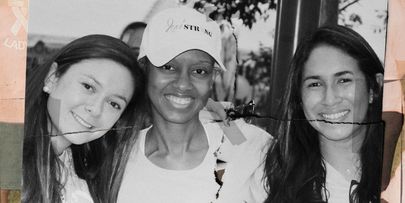
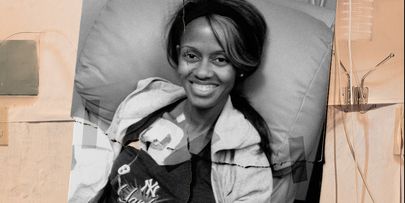
Kai McGee is a writer who frequently explores parenting, her journey through breast cancer, social-justice and self-care. She is currently working on her memoir. Connect with her via Instagram @onanaturalkai
-
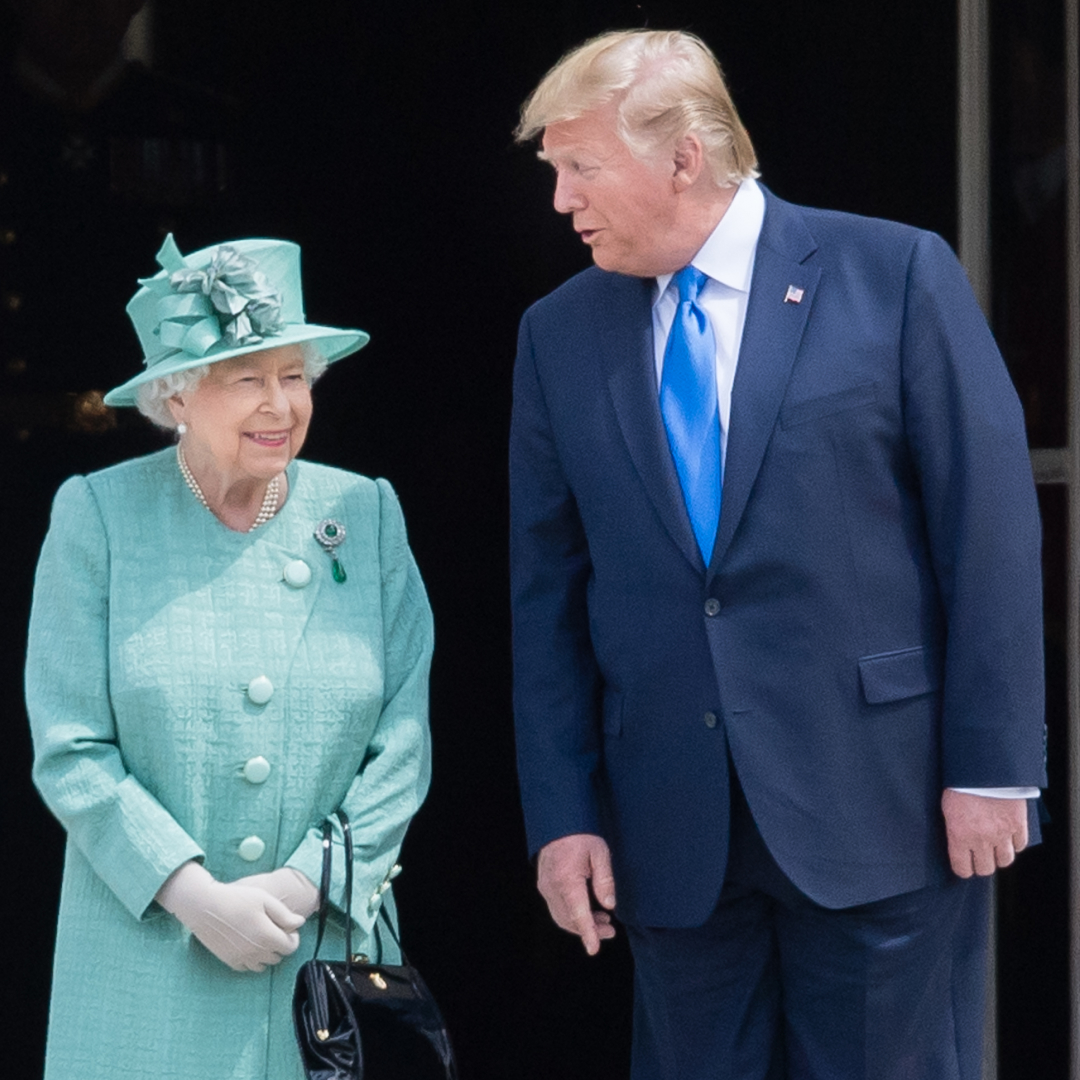 Former Royal Butler Says Donald Trump's Comments About Queen Elizabeth Are "Perfect PR"
Former Royal Butler Says Donald Trump's Comments About Queen Elizabeth Are "Perfect PR""The royal’s PR team are not going to mind that at all."
By Kristin Contino
-
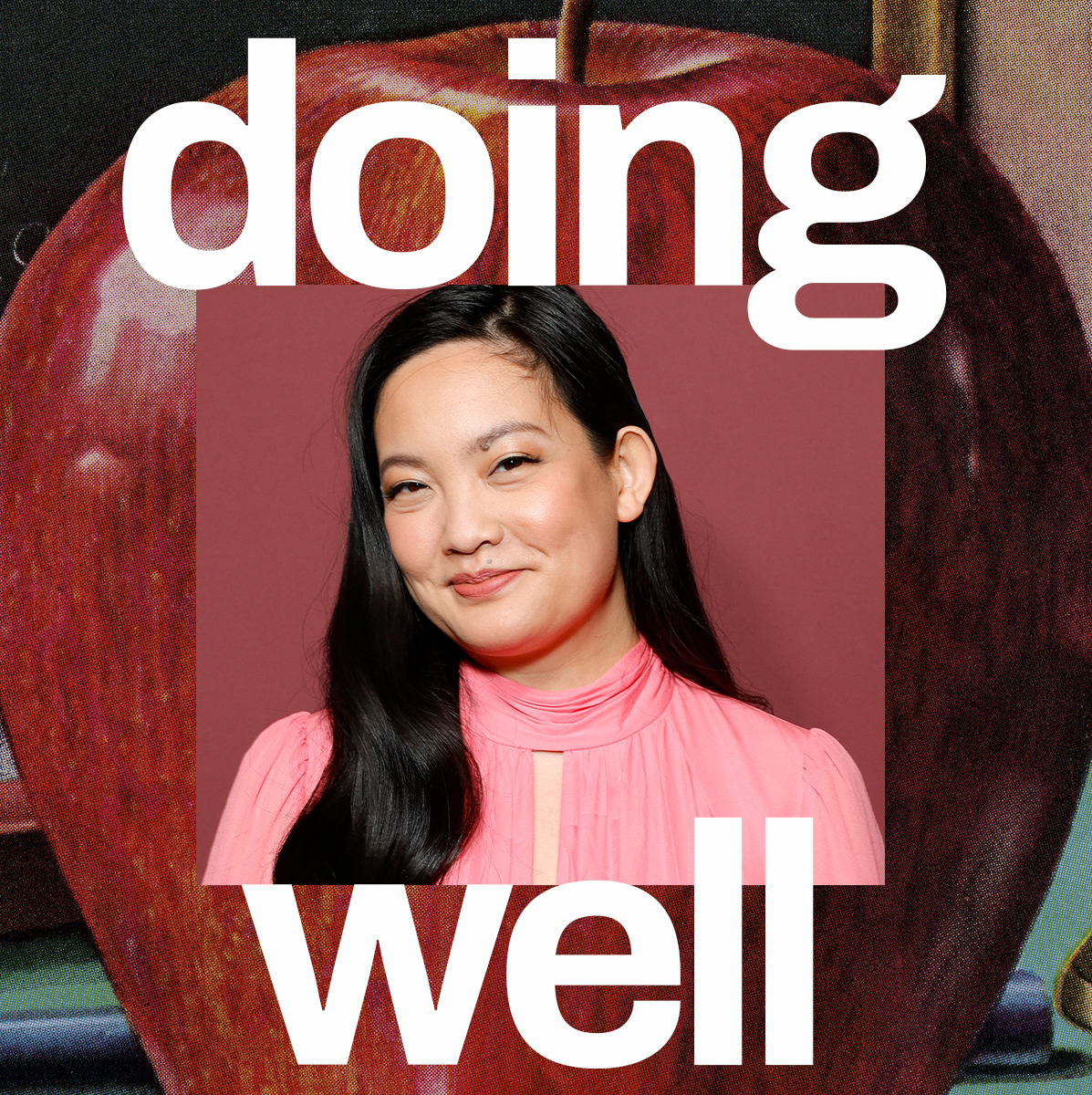 Amanda Nguyen’s Subconscious Is Rebelling Against This Buzzy Wellness Trend
Amanda Nguyen’s Subconscious Is Rebelling Against This Buzzy Wellness TrendPlus, the breathing tip she’s stealing from the Navy Seals.
By Samantha Holender
-
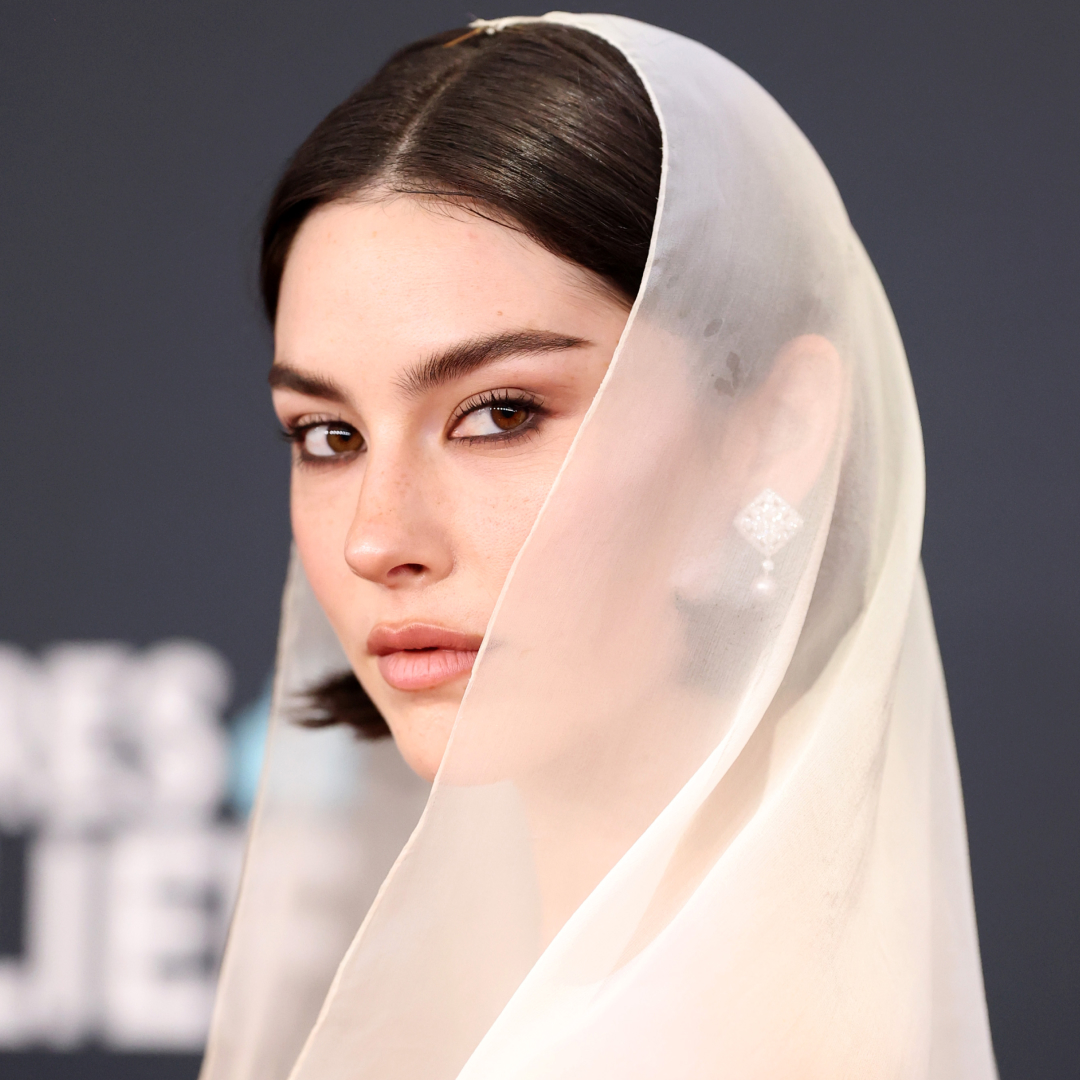 Why Gracie Abrams Feels "Lucky" to Have Witnessed Taylor Swift Dealing with Fame
Why Gracie Abrams Feels "Lucky" to Have Witnessed Taylor Swift Dealing with FameAbrams opened for Swift during the Eras Tour.
By Lia Beck
-
 Senator Klobuchar: "Early Detection Saves Lives. It Saved Mine"
Senator Klobuchar: "Early Detection Saves Lives. It Saved Mine"Senator and breast cancer survivor Amy Klobuchar is encouraging women not to put off preventative care any longer.
By Senator Amy Klobuchar
-
 I'm an Egg Donor. Why Was It So Difficult for Me to Tell People That?
I'm an Egg Donor. Why Was It So Difficult for Me to Tell People That?Much like abortion, surrogacy, and IVF, becoming an egg donor was a reproductive choice that felt unfit for society’s standards of womanhood.
By Lauryn Chamberlain
-
 The 20 Best Probiotics to Keep Your Gut in Check
The 20 Best Probiotics to Keep Your Gut in CheckGut health = wealth.
By Julia Marzovilla
-
 Simone Biles Is Out of the Team Final at the Tokyo Olympics
Simone Biles Is Out of the Team Final at the Tokyo OlympicsShe withdrew from the event due to a medical issue, according to USA Gymnastics.
By Rachel Epstein
-
 The Truth About Thigh Gaps
The Truth About Thigh GapsWe're going to need you to stop right there.
By Kenny Thapoung
-
 The High Price of Living With Chronic Pain
The High Price of Living With Chronic PainThree women open up about how their conditions impact their bodies—and their wallets.
By Alice Oglethorpe
-
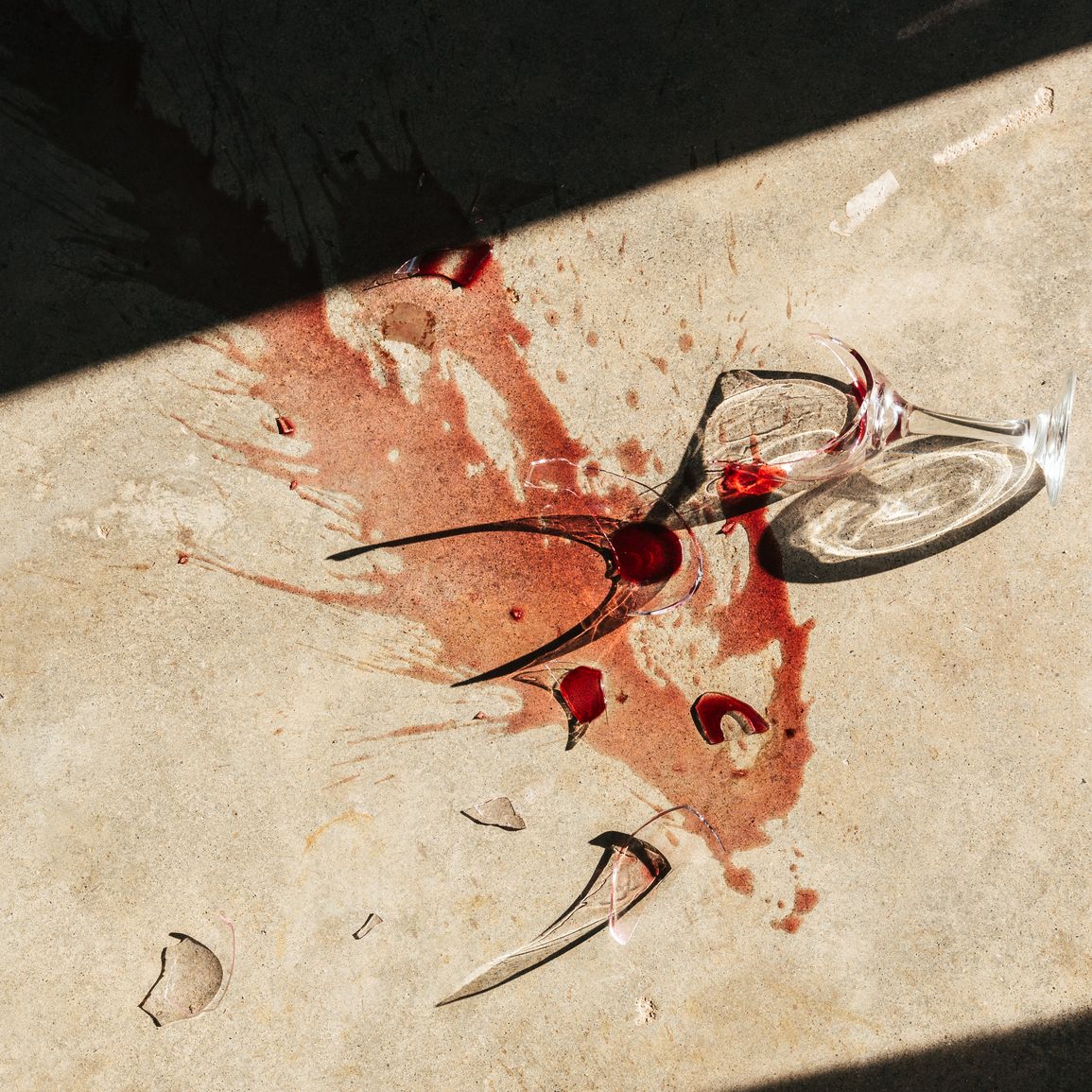 I Used to Imagine Murdering the Men I Dated
I Used to Imagine Murdering the Men I DatedFalling in love helped me finally figure out why.
By Jessica Amento
-
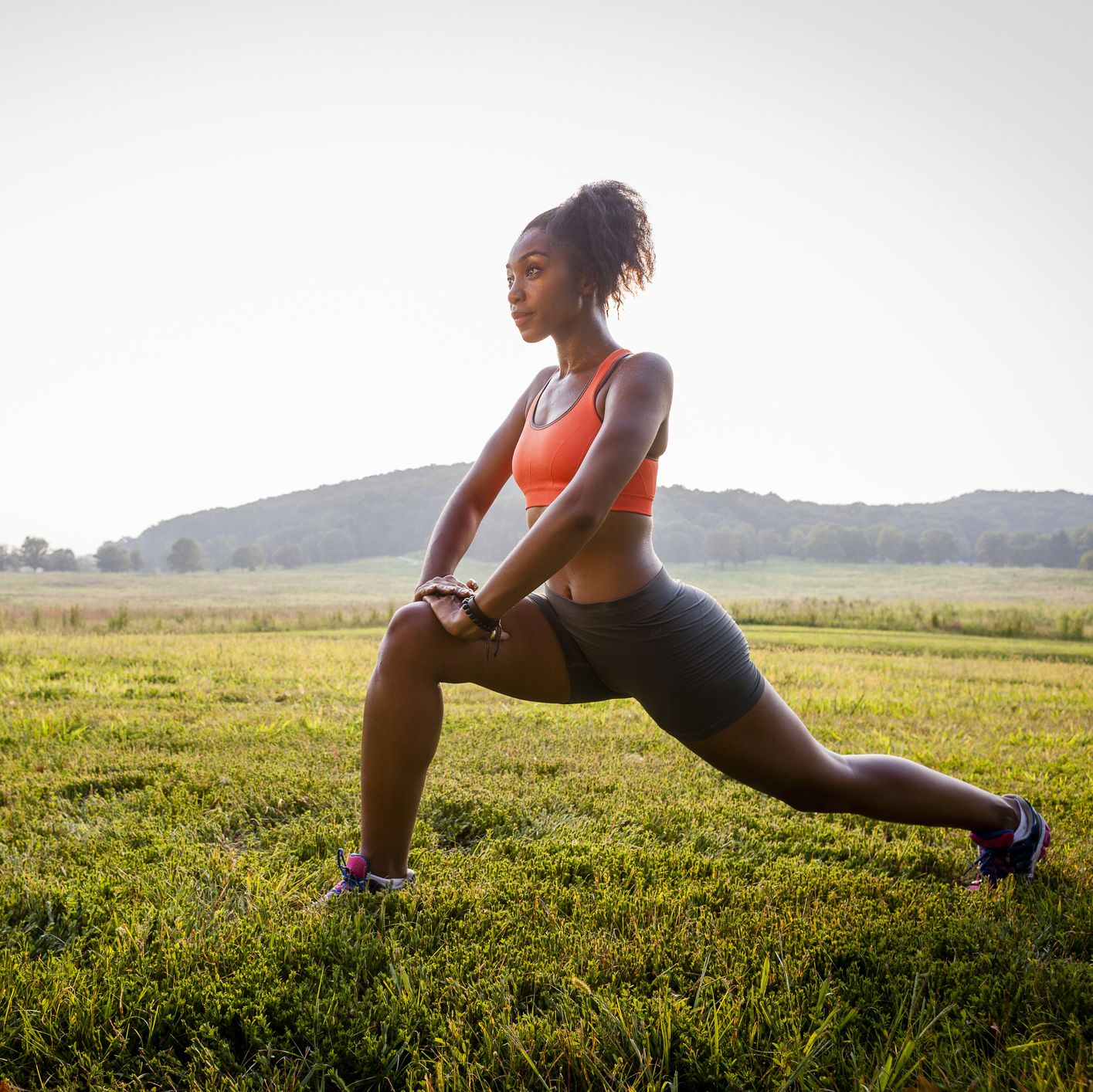 60 Workout Apps for Women Who Want Results (Without a Gym Membership)
60 Workout Apps for Women Who Want Results (Without a Gym Membership)Buying Guide Easy fitness plans you can follow without fear of judgment.
By Bianca Rodriguez
